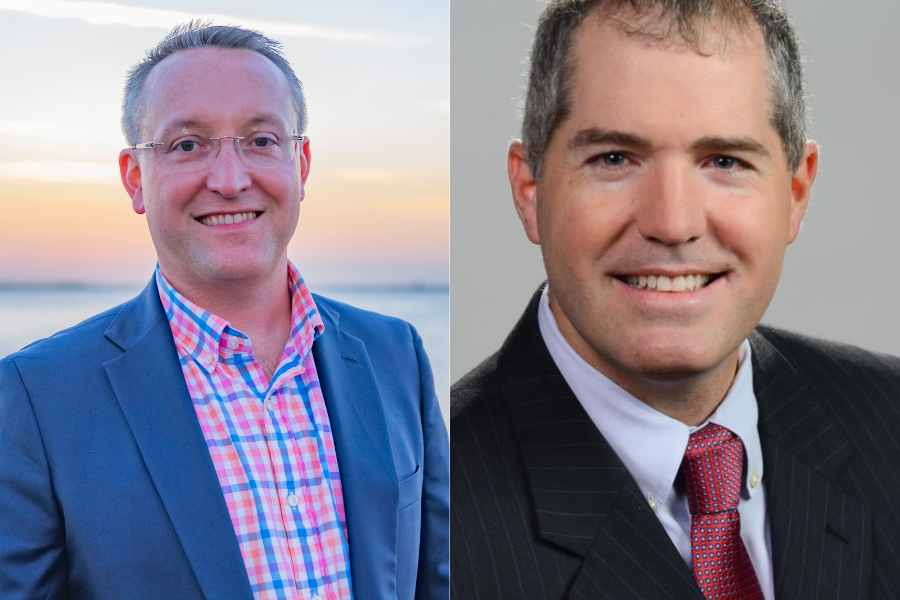Better discovery process key to signing up more clients
Halbert Hargrove taps the medical profession's expertise in drawing out important client information.
A California advisory firm that’s testing an approach adapted from medical procedures to conduct information discovery with prospective clients has found the interview technique to be effective at closing prospects and determining those who will be ideal clients.
Long Beach, Calif.-based Halbert Hargrove tested a four-step questioning process that physician Jeff Belkora developed to encourage patients to relay their health concerns to medical professionals and reveal underlying problems that may need to be addressed.
“For the longest time we knew the right way to interview and bring clients on board was to conduct a discovery process, but we were inconsistent and got very different results between advisers,” said JC Abusaid, Halbert Hargrove’s president. “This has been eye-opening for the advisers who are using it.”
Halbert Hargrove has found that by getting the prospect to disclose specific, deep-seated financial concerns or issues, its advisers can more effectively tell the individual what they would do to meet those needs.
(More: Halbert Hargrove’s Williams: 3 ways to retain talent)
Dr. Belkora, associate professor of surgery and health policy at the University of California, San Francisco, adapted his discovery protocol to meet the needs of financial advisers as a consultant to Russell Investments, which approached Halbert Hargrove about trying out the process dubbed “SLCT,” pronounced select.
The first of Dr. Belkora’s four steps is “scribing,” or allowing the prospect to talk without interruption, where the professional just writes down what they are saying. The next is “laddering,” where prospects are asked to elaborate and give details on issues they brought up.
The final steps including “checking,” where an adviser uses his or her expertise and brings up other issues the prospect might not have thought of, and “triage,” where the professional prioritizes what issues need attention.
“The most imminent items may not be the first or second things that the client discussed,” Dr. Belkora said.
(More: Adviser explains how firms improve business with study groups)
Medical professionals have found that doctor appointments are stressful for patients and they tend to forget to tell certain information that can be important to providing them with the best care, he said.
While Halbert Hargrove doesn’t have hard data to offer on its close ratios, Mr. Abusaid said they are up, and that the firm is attracting more of the type of clients who fit best with the firm’s approach. It is eliminating prospects who are looking for short-term results. The firm has about $4 billion in assets under management.
Initial results with a sample of clients show clients talked more during the telephone discussions using the technique: 68% of the dialogue versus 57% of the time with the old discovery process, according to Halbert Hargrove.
A review of the study Dr. Belkora conducted with Halbert Hargrove is in the Summer 2015 edition of The Journal of Wealth Management.
Learn more about reprints and licensing for this article.








